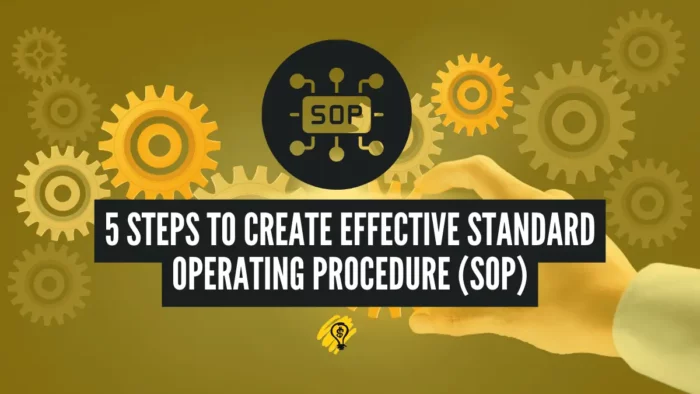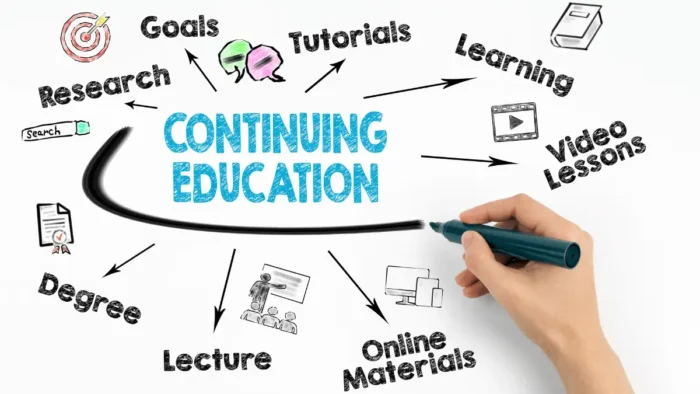Concussions are a temporary disruption of brain function caused by a blow or jolt to the head. This disruption can cause a variety of symptoms, including headache, dizziness, nausea, and confusion.
Symptoms of a concussion can vary from person to person and may not show themselves immediately after the injury. Some people may not experience any symptoms at all.
Common concussion injury symptoms include the following:
- Headache;
- Dizziness;
- Nausea;
- Vomiting;
- Confusion;
- Difficulty concentrating;
- Memory problems;
- Sensitivity to light and noise;
- Sleep problems, and the like.
Assessing The Severity of A Concussion
If you think someone may have a concussion and suffered in brain injuries, it’s important to assess the severity of the injury. This can be done by asking the person questions about their symptoms and how they’re feeling.
You should also look for signs of a more serious brain injury, such as:
- Loss of consciousness;
- Seizures;
- Vomiting that’ll not stop;
- Slurred speech;
- Weakness or paralysis on one side of the body, and so on.
If you suspect that someone has a more serious brain injury, call for help immediately.
Treating a Concussion
Most of these these types of injuries will heal on their own with rest and time. Nevertheless, it’s important to follow your doctor’s instructions carefully to prevent further injury.
Treatment for a concussion may include:
- Rest: This is the most important part of treatment. Avoid strenuous activity, including sports, for at least a week or until your doctor says it is okay.
- Over-the-counter (OTC) pain relievers: OTC anti-pain medications can help relieve headaches and other pain.
- Avoid alcohol and caffeine: These substances can worsen concussion symptoms.
- Get plenty of sleep: This will help your brain heal.
- Avoid activities that require concentration or mental effort: This includes reading, watching TV, and using computers.
When To Seek Medical Attention
Most concussions will heal on their own with rest and time. Yet, there are some cases where you should seek medical attention immediately.
You should seek medical attention if:
- You have symptoms that aren’t improving after a week or two;
- Your symptoms are getting worse;
- You have a new symptom, such as loss of consciousness or seizures;
- You have a history of such injuries and the like.
The Importance of Reporting Concussions In The Workplace

It’s important to report all concussions that occur in the workplace, even if they seem minor. This is because concussions can have long-term effects, and reporting them can help employers identify and address hazards in the workplace.
In addition, reporting concussions can help employers track the incidence of such an injury in their workplace and develop prevention programs. This information can also be used to make workers’ compensation claims.
Returning to Work After a Concussion
Once you’ve been cleared to return to work after a concussion, it’s important to take steps to reduce your risk of repeating your previous suffering. This may include:
- Gradually increasing your activity level;
- Avoiding activities that require concentration or mental effort;
- Taking breaks often;
- Getting plenty of sleep, and the like.
Concussion Management Strategies for Companies and Managers
Employers play a crucial role in preventing concussions in the workplace and ensuring prompt and appropriate management when such injuries occur. Implementing effective concussion management strategies can help protect staff members’ well-being, minimize the impact of this injury on productivity, and reduce the risk of legal liabilities.
1. Establish Clear Concussion Reporting Procedures
Encourage open communication and create a culture where employees feel comfortable reporting concussions without fear of repercussions. Develop clear reporting procedures and inform employees of the reporting process. Ensure easy access to reporting channels, such as designated supervisors, online forms, or incident reporting systems.
2. Provide Prompt and Appropriate Medical Evaluation
When a concussion is suspected, encourage the employee to seek immediate medical attention. Establish relationships with local healthcare providers who specialize in injuries assessment and management. Facilitate access to medical evaluations, potentially through on-site clinics or referrals to specialized healthcare centers.
3. Implement Gradual Return-to-Work Programs
After a concussion, employees should gradually return to work, starting with light duties and gradually increasing their workload as tolerated. Collaborate with healthcare providers to develop individualized return-to-work programs that consider the worker’s specific needs and recovery progress.
4. Educate And Train Employees on Concussion Prevention And Recognition
Provide regular training sessions for employees to raise awareness about concussions, their signs and symptoms, and the importance of prompt reporting. Educate employees on hazard identification, risk mitigation strategies, and the proper use of personal protective equipment (PPE) to reduce the risk of concussions.
5. Conduct Hazard Assessments and Implement Preventive Measures In The Workplace
Regularly assess the workplace for potential concussion hazards, such as slippery surfaces, exposed machinery, or risks of falling objects. Implement appropriate preventive measures, such as installing safety railings, using slip-resistant flooring, and enforcing proper safety protocols for equipment operation.
6. Monitor Concussion Incidence and Trends
Track the occurrence of concussions in the workplace to identify patterns, trends, and potential areas for improvement. Analyze concussion data to assess the effectiveness of prevention and management strategies, and make adjustments as needed.
7. Support Employees with Ongoing Symptoms
Provide support and accommodations for employees who experience lingering concussion symptoms, such as headaches, dizziness, or difficulty concentrating. Offer flexible work arrangements, modified duties, or access to counseling services to help employees manage their symptoms and maintain productivity.
By implementing these comprehensive concussion management strategies, employers can create a safer work environment, minimize the impact of concussions on employees and the organization, and demonstrate a commitment to employee well-being.
In Conclusion
Concussions are a serious type of injury that can have long-lasting effects. By knowing the signs and symptoms of a concussion, assessing the severity of the injury, and providing appropriate treatment, you can help someone who has suffered a concussion in the workplace recover quickly and safely.





